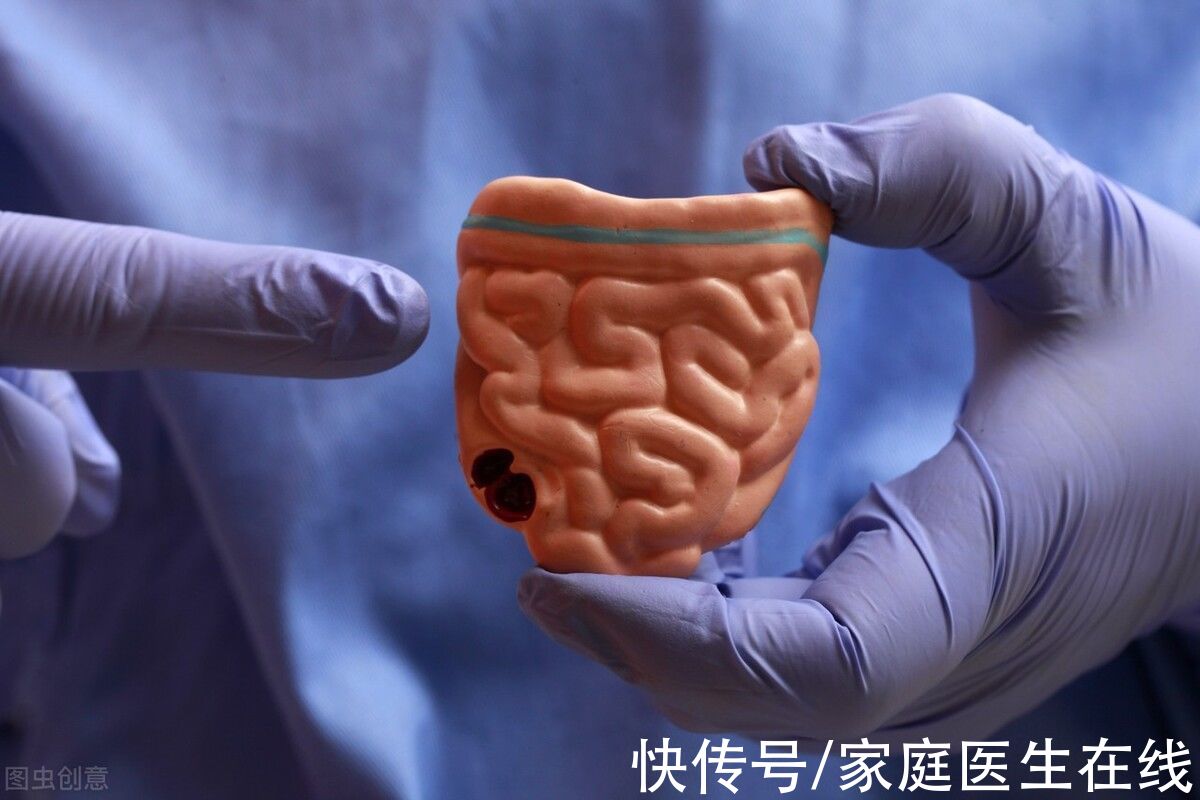內容目錄
During the Spring Festival, family and friends gather together, how can there be no wine on the table. Drinking alcohol is a traditional culture in our country. Moderate drinking can make the dining table atmosphere more elevated. However, alcohol and alcohol intermediate metabolites are carcinogens, which can damage the liver and gastric mucosa, and increase the risk of liver cancer, gastrointestinal diseases and pancreatic cancer. If you have the following symptoms after drinking, then you should avoid drinking in the future to avoid life-threatening danger due to drinking too much alcohol.

What are the symptoms after drinking, it means that you really can’t drink anymore?
1. The complexion is pale or yellow
The complexion is yellow or pale after drinking, indicating that the body is No or lack of acetaldehyde or alcohol dehydrogenase, because these two substances can break down alcohol, although there is no drunken feeling after drinking, but alcohol causes more harm to the body.
2. Redness
Redness after drinking, indicating that the liver metabolizes alcohol The congenital deficiency of the enzyme of acetaldehyde dehydrogenase 2, that is, the lack of acetaldehyde dehydrogenase 2, cannot metabolize acetaldehyde normally, so that acetaldehyde accumulates in the body, which causes flushing.

3, diarrhea
Diarrhoea after drinking alcohol, so you can no longer drink alcohol in the future, because alcohol can damage the gastrointestinal mucosa and induce gastrointestinal diseases. If you still drink alcohol uncontrollably, it is bound to cause unexpected harm.
What happens when alcohol enters the body?
1. Enters the stomach and small intestine
After drinking, only a little alcohol is absorbed in the stomach. When there is no content in the stomach, alcohol will be quickly absorbed, otherwise, the absorption rate will be slow; as the alcohol concentration in the stomach increases, the alcohol will destroy the delicate gastric mucosa; then part of it enters the small intestine, and too much alcohol entering the small intestine can damage the intestinal mucosa and hinder the The small intestine absorbs nutrients such as vitamin B1.

2. Into the blood< /p>
The blood alcohol concentration peaks 1 to 1.5 hours after drinking alcohol, and then gradually declines. When the blood alcohol concentration is greater than 0.1%, it will lose control, walking erratically, speaking slurred, and shouting; when the blood alcohol concentration is greater than 0.4%, it will cause loss of consciousness, resulting in a coma that is life-threatening.
3. Entering various organs
Alcohol in the blood will disperse to the In the whole body, for example, alcohol enters the brain in just a few minutes of drinking, especially when drinking in large gulps or when there is no content in the stomach, then the processing speed of the liver will exceed the processing speed of the liver, and high concentrations of alcohol will stimulate the brain and lead to drunkenness.

4. Metabolized in the liver
Most alcohol is metabolized in the liver, about 6~7g of alcohol is processed in 1 hour, and finally the alcohol is decomposed into water and carbon dioxide and excreted. Drinking a lot of alcohol within a few minutes or an hour can easily cause poisoning and necrosis of liver tissue. Long-term alcohol abuse can also cause alcoholic fatty liver disease or hepatitis, which can develop into cirrhosis or liver cancer in severe cases.
How to reduce alcohol consumption?
1. Do not drink alcohol
There is no safe dose for drinking, it is best to drink Don’t drink alcohol. However, if you can’t get rid of it, you should control your alcohol intake. The daily alcohol intake for men and women is controlled at 25 grams and 15 grams, respectively.

2. Don’t drink on an empty stomach< /p>
Before drinking, you can choose milk or soy milk, pumpkin or apple, and multi-grain porridge, etc., which can reduce the stimulation of alcohol on the gastric mucosa and delay the body’s absorption of alcohol.
Message from the doctor
For the sake of your own health, try not to drink alcohol. Drink slowly. Drink plenty of warm water during drinking, which can speed up the excretion of alcohol from the urine and reduce the burden on the liver and kidneys. Do not mix a variety of alcohol to drink, so as not to cause nausea and vomiting, headache and dizziness.
Family doctor online feature, unauthorized reprint